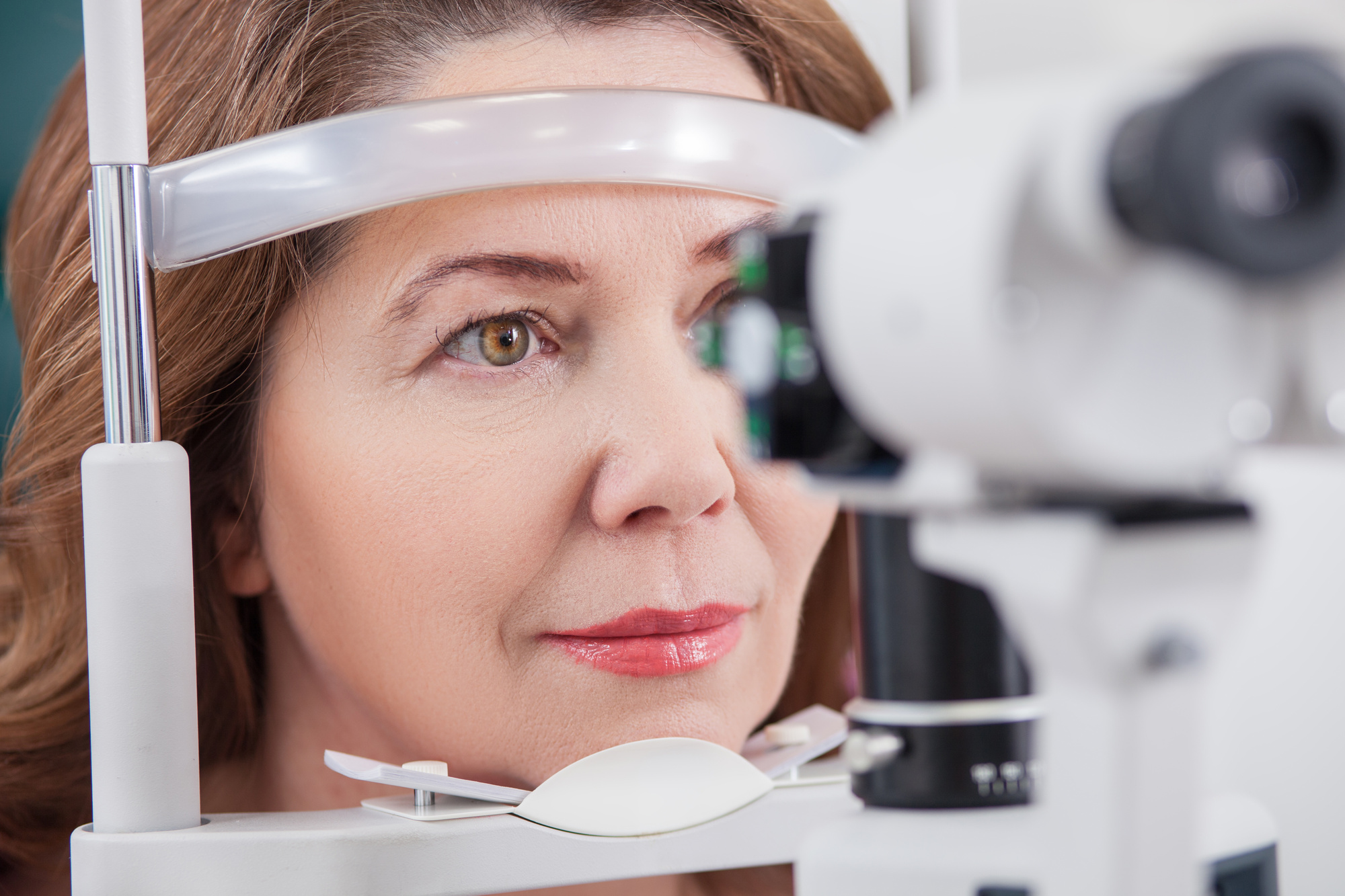Don’t Lose Sight of These 10 Easy Steps to Care For Your Eye Health

In the United States, approximately 12million people aged 40 and over are visually impaired. 1 million are visionless, and 3 million are visually impaired after a correction.
Have you ever experienced any problem with your vision? If not, then your eyes are probably the last thing on your mind. You may not notice changes as you grow older, some of which may impact your vision.
Some eye conditions may result in vision loss. Detecting and treating the eye condition is critical. Minor precautions such as eating more greens and wearing sunglasses are essential for your eye health.
Maintaining healthy eyes is as essential as maintaining a healthy body. Here are ten steps necessary for protecting your eyes and vision in the coming years.
1. Eat Well
The food you eat has a significant impact on your eye health. A healthy eye plate should include a variety of fruits and vegetables. The green leafy vegetables like spinach and the bright yellow fruits have vitamins for optimal eye health.
Fish such as salmon and tuna are rich in Omega 3 acids that are nutritious for the eyes. A balanced diet also facilitates weight maintenance. As a result, obesity and type 2 diabetes, the primary causes of blindness, are reduced.
2. Avoid Smoking
Smoking allows the entry of cyanide into your bloodstream and can kill the cells in your eyes. When you smoke, you risk acquiring cataracts, increasing dry eye problems. It also exposes you to macular degeneration.
Macular degeneration is an incurable disorder that damages vision at the eye center.
3. Protect Your Eyes From the Sun
Use sunglasses and sunscreen to protect your eyes. The eye has the thinnest skin, making it vulnerable to ultraviolet radiation. Skin cancers such as melanoma and carcinoma can develop around your eyelids.
The disease significantly damages your eye structure. You must wear sunglasses. The sunglasses should completely protect you from UVB and UVA rays.
Ultraviolet radiation enhances the source of molecular degeneration and cataracts, the common cause of vision loss.
4. Have a Comprehensive Dilated Eye Exam
Visit an eye care professional for a thorough dilated eye examination to ensure healthy eyes. Most people with minor vision problems are unaware that contact lenses or glasses can improve their vision. There are no apparent symptoms for eye conditions like diabetic eye disease, glaucoma, and macular degeneration.
Having a dilated eye examination is the only method to detect these conditions. The doctor assesses your family history, eye pressure, central vision, and color vision during the exam. The eye care expert will put special drops in your eyes.
The drops enable dilation or widening of the pupil allowing for entry of more light in the eyes. The procedure provides access to the back of your eyes to check diseases or damages.
5. Look Away From the Computer Screen
We rarely blink when doing things up close. Watery eyes are a common symptom of dry eye. When the oily and the mucous eye layers break, tears cannot evaporate.
By generating more water, the eye compensates. Inflammation, hormonal changes, and antidepressants can also cause dry eyes. For the best dry eye relief, begin with the 20-20-20 rule.
Every 20 minutes concentrate on something 20 feet away for 20 seconds. The dry eye care tips also include a warm compress. The eye care professional may also recommend using Restasis to reduce inflammation.
6. Diabetes Prevention Important for Your Eye Health
Diabetic retinopathy is a prevalent cause of blindness. Prevent diabetes to avoid diabetic retinopathy. This condition affects nearly all type 1 diabetes and 60% of type 2 diabetes patients.
Diabetic retinopathy damages the retina’s tiny blood vessels. It is crucial to recognize the condition early through regular eye exams. Check on your blood sugar, cholesterol level, and blood pressure to prevent the disease from worsening.
Diabetic retinopathy can be treated by laser surgery. However, the treatment cannot restore an already lost vision.
7. Wash Your Hands Before Touching Your Eyes
Hand washing is critical, especially for those who wear contact lenses. Use a lint-free cloth to dry your hands after washing them with a mild soap. Bacteria and germs injected into your eyes from your fingers threaten eye health.
It may lead to infections like pink eye and transmit cold and flu viruses into your system.
8. Regular Exercise
Exercise is vital in preventing or controlling diabetes, high cholesterol, and blood pressure. These diseases cause particular eye or vision problems. Regular exercise reduces the risk of having an eye or vision problem.
9. Wear Protective Eyewear
When practicing sports or undertaking household chores, wear protective eyewear. There are several protective eyewear specifically intended to protect you during activity. Such include goggles, safety glasses, eye guards, and safety shields.
Employers must offer a safe working environment for their employees. When your employment requires protective eyewear, make it a habit. Companies use polycarbonate in making various protective eyewear.
Protective eyewear can be found with most eye care professionals and sporting firms.
10. Know Your Family’s Eye Health History
Discuss your family’s eye health history with them. Most eye diseases and conditions are hereditary. It is crucial to know if anyone in your family has been diagnosed with one.
This information determines if your chances of having an eye condition are high.
Learn the Easy Steps to Care For Your Eye Health
Your eyes are vital to your overall health. You can prevent eye disorders by adopting healthy lifestyle choices. A balanced diet, regular exercise, and dilated exam prevent vision loss.
Consuming enough nutrients and vitamins is essential in improving your eye health.
If you find this post informative, please check our page for Business, Travel, and Lifestyle content.
